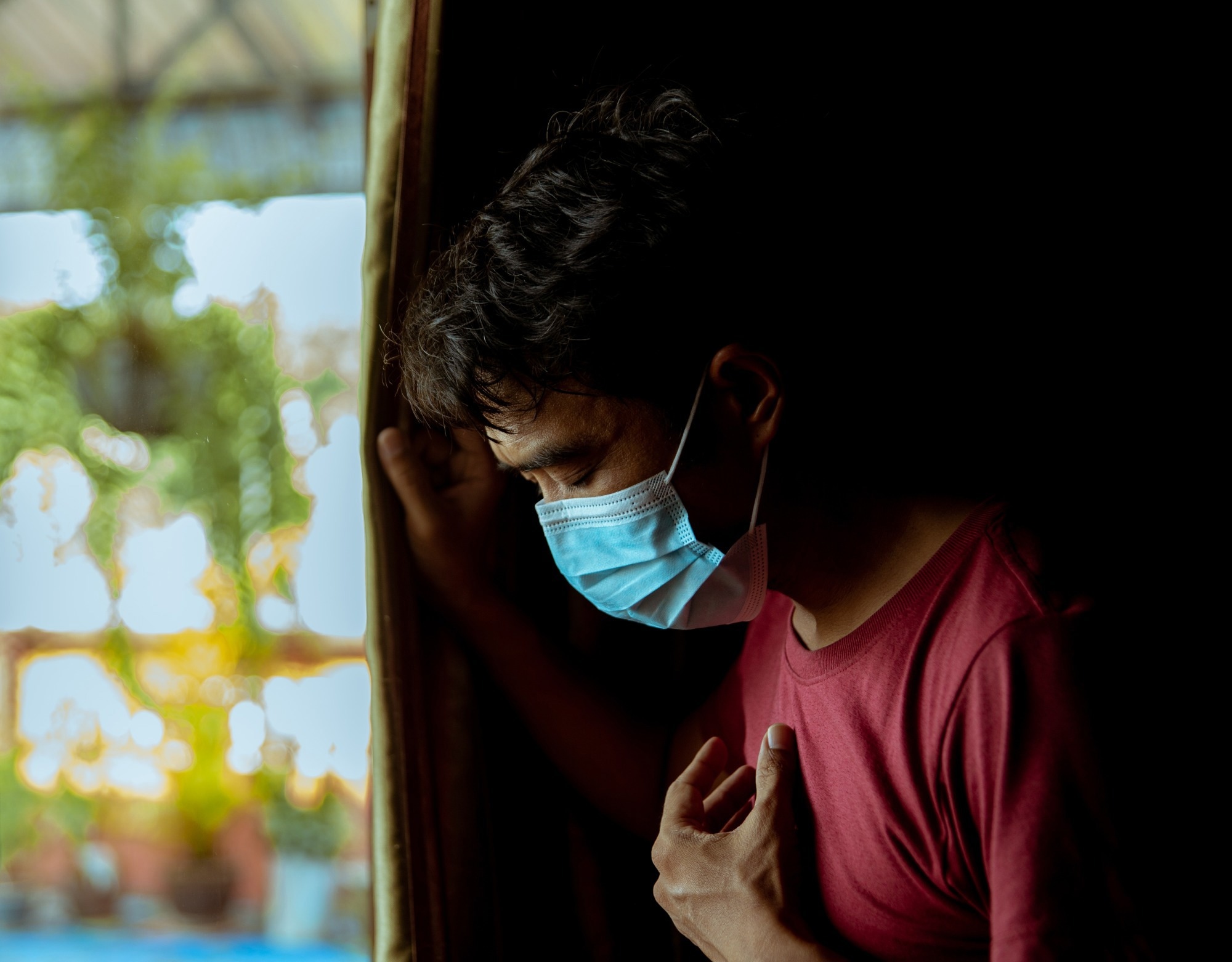Long COVID linked to lasting physical and mental health challenges, study finds—vaccination offers protective benefits.
 Study: Differences in Long COVID severity by duration of illness, symptom evolution, and vaccination: a longitudinal cohort study from the INSPIRE group. Image Credit: Anucha Naisuntorn / Shutterstock.com
Study: Differences in Long COVID severity by duration of illness, symptom evolution, and vaccination: a longitudinal cohort study from the INSPIRE group. Image Credit: Anucha Naisuntorn / Shutterstock.com
A recent study published in The Lancet explores the mental and physical health outcomes in patients with long coronavirus disease 2019 (COVID-19) as compared to those who were never diagnosed or fully recovered from COVID-19.
What is long COVID?
Long COVID is defined as the persistence of symptoms for at least four to 12 weeks following initial infection with the severe acute respiratory syndrome coronavirus 2 (SARS-CoV-2), the pathogen responsible for COVID-19. Long COVID, which is otherwise known as post-acute sequelae of COVID-19 (PASC), affects 11% of the over 775 million individuals who have been diagnosed with COVID-19 throughout the world.
Long COVID can cause a wide range of symptoms that vary by their type, frequency, and severity, with some individuals experiencing changes in these aspects of their symptoms over time. Despite the widespread prevalence of long COVID, it remains unclear how certain factors like patient characteristics and vaccination status may impact the duration and severity of this condition.
About the study
The current study was part of the multicenter Innovative Support for Patients with SARS-CoV-2 Infections Registry (INSPIRE) study. The INSPIRE cohort consisted of 3,663 individuals, with data collected between July 12, 2020, and February 4, 2024.
The mean age of the study participants was 40 years, 66.3% of whom were female. About 67% of the study cohort were White, whereas 13.9% were Hispanic/Latino, 7.7% Black/African American, and 13.9% were Asian.
About 71% of the study cohort were never diagnosed with long COVID, whereas 27% were currently affected by long COVID and 1.8% indicated that they had completely recovered from long COVID. The mean duration of long COVID was two years, irrespective of symptom resolution.
Among the study participants with current long COVID, 15.4% were vaccinated prior to the onset of this condition. About 95% of the study cohort received at least one COVID-19 vaccine, with 71.2% receiving three to five doses.
Health outcomes were measured for up to three years from the initial infection using various survey tools including the Patient-Reported Outcomes Measurement Information System (PROMIS) version 29 for physical and mental health, as well as other tools to assess stress, fatigue, and various other parameters.
Current long COVID
Study participants who never had long COVID had higher scores on all PROMs as compared to those with current or resolved long COVID. More specifically, individuals without a history of long COVID had an average PROMIS physical and mental health score that was 7.8 and 9.4 better, respectively, as compared to those with current long COVID.
Long COVID cases were twice as likely to have moderate-to-high levels of stress, 60% more likely to be moderately to severely lonely, and three times more likely to suffer from moderate to severe fatigue as compared to those who never had long COVID.
Study participants with long COVID were also 40% less likely to have adequate physical activity and nutrition, as well as 30% less likely to complete 30 minutes of moderately vigorous physical activity five days each week. Breathlessness was also five-fold worse in individuals with current long COVID.
Resolved long COVID
Individuals who recovered from long COVID similarly had lower PROMIS physical and mental health scores as compared to those without a history of long COVID by two and 2.3, respectively. Despite better nutrition and physical activity, no other outcomes were significantly different between the resolved and current long COVID cohorts.
Vaccination status
Long COVID duration did not affect health outcomes; however, COVID-19 vaccination status was associated with better PROMIS physical and mental health scores by 2.3 and 1.7 higher, respectively. Notably, more vaccine doses were associated with better outcomes in all PROMs.
Conclusions
The current study reports that less than 2% of long COVID cases experience resolution, even three years after the initial infection.
These findings demonstrate the substantial negative long-term impact of Long COVID, including those with current Long COVID and resolved Long COVID.”
Targeted support is indicated, such as better socialization opportunities, which could improve both physical and mental health. The lingering effects of long COVID also need to be identified and measured, as they can cause clinically relevant differences in outcomes.
Notably, COVID-19 vaccination provided sustained protection against long COVID, with the total number of vaccinations conferring superior long-term health outcomes. Nevertheless, this observation may be confounded by the possibility that those receiving more vaccinations are also more health-conscious.
Journal reference:
- Gottlieb, M., Yu, H., Chen, J., et al. (2025). Differences in Long COVID severity by duration of illness, symptom evolution, and vaccination: a longitudinal cohort study from the INSPIRE group. The Lancet. doi:10.1016/j.lana.2025.101026.